"I remember standing on the Kazakh Steppe... waiting for an astronaut to fall."
Science documentarian Alice Jones (2001) shares her stories
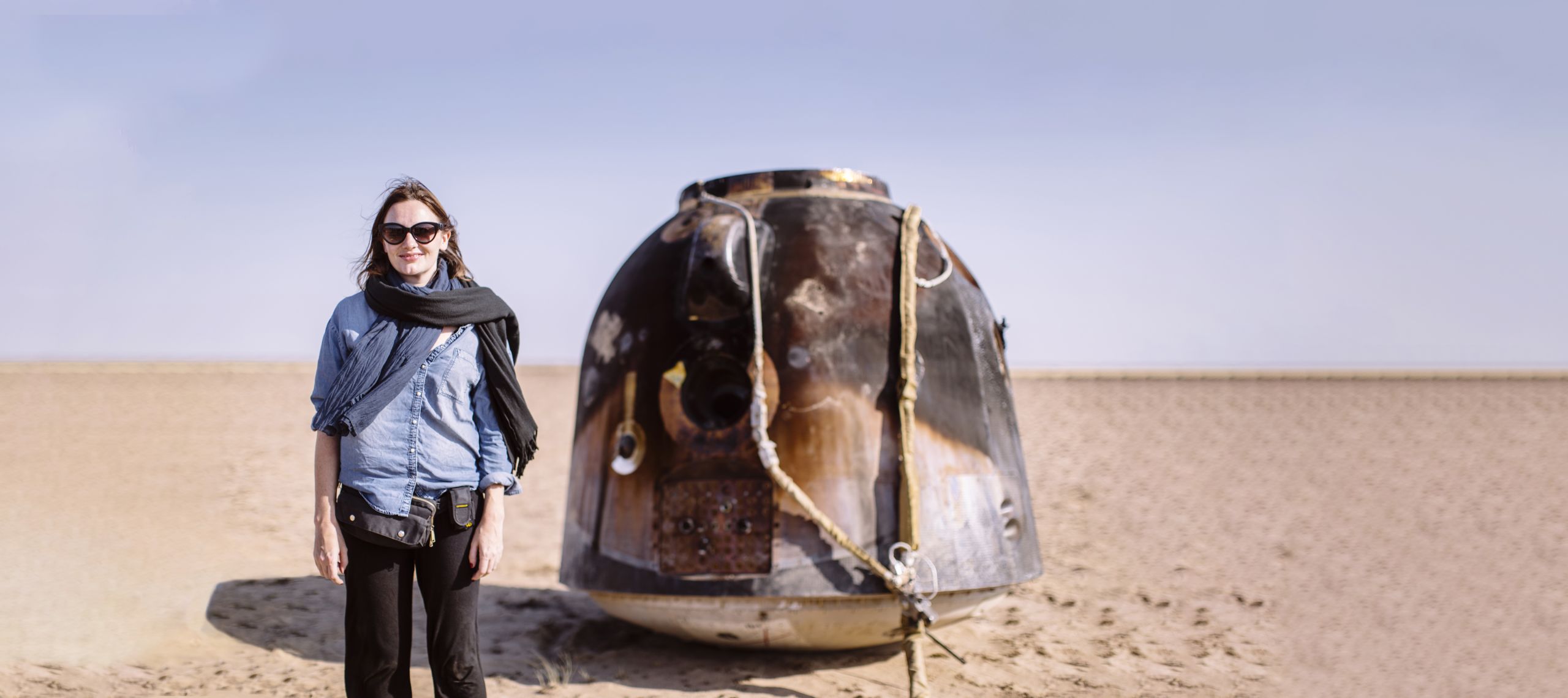
Alice Jones is a science documentarian and filmmaker. Her films explore the beauty and intricacy of the natural world, with credits including the series finale of National Geographic’s One Strange Rock in 2018.
This interview took place before the coronavirus pandemic hit the UK.
You graduated from Clare in 2004 with a degree in Natural Sciences – can you give us a summary of your career from then, to where you are now?
I studied Natural Sciences, and after graduation I was considering what to do next. I had thought about a PhD, but wasn’t committed to specialising: in fact, one of the reasons I chose Natural Sciences was because of the variety of subjects you can cover. The course at Clare was brilliant, and gave me such a wonderful overview of the natural world. I had gone to some meet-ups and discussion groups at university about science communications and I thought that I definitely wanted to do something in this area. So after a year off, I decided to pursue a Master’s in Science Communication at Imperial, which gave me an insight into a range of fields: print journalism, web, TV, museums, radio. After I got my first taste of work experience in television, I knew that that was what I wanted to do. I went on to do more work experience, took runner jobs, and got to know the industry. Eventually I got a job as a researcher with the BBC Science Unit in London, working on science programming on a variety of subjects, and it was there that I felt like I’d found my role.
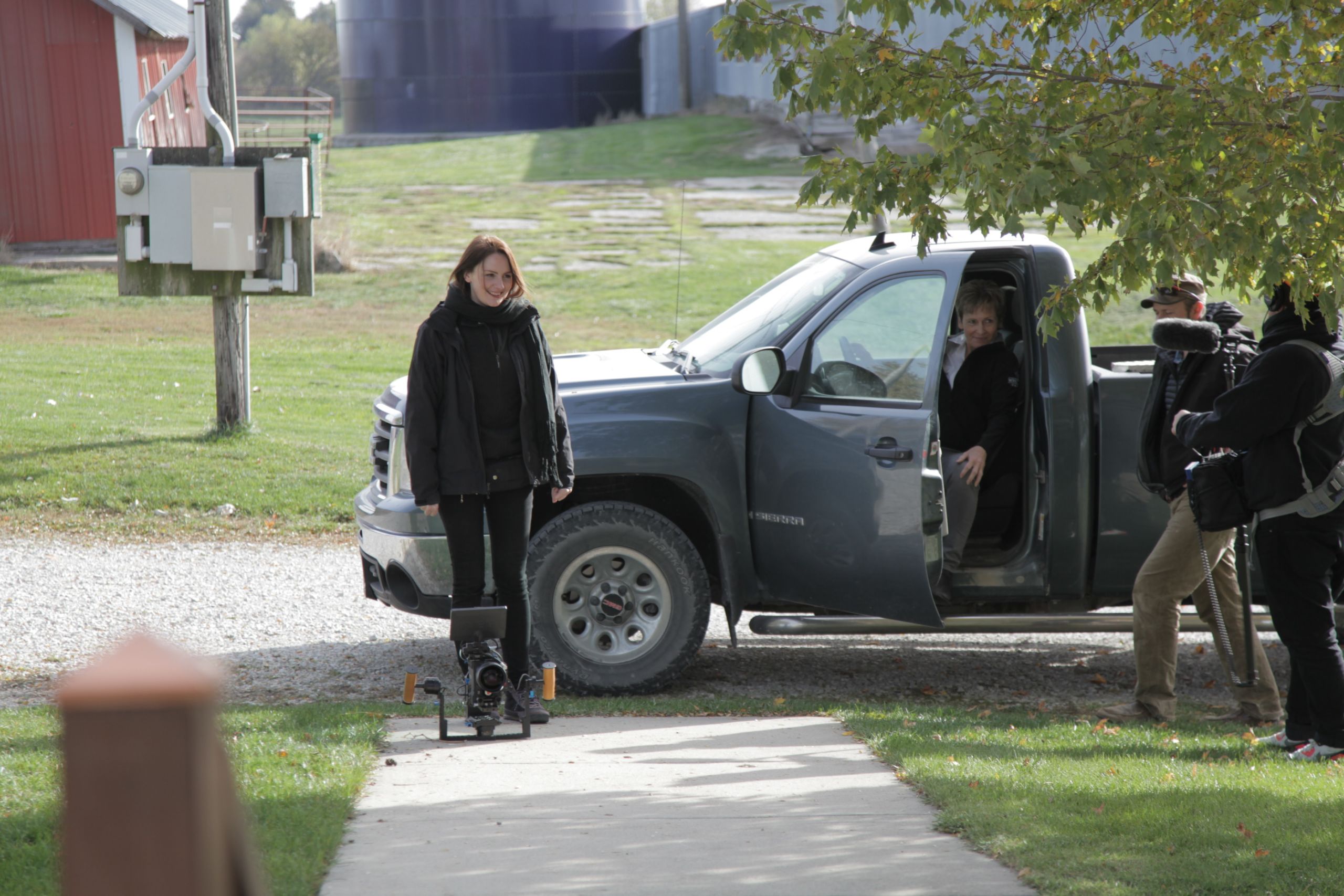
Are there any particular highlights that come to mind from your time with the BBC Science team?
At that time the team covered both history and science together, and the first project I worked on was actually a programme about medieval history, science and thinking; and while it wasn’t exactly the area I wanted to be in, it sounded fascinating. From there, I went on to work on a series about the history of science – The Story of Science (2010) – which was a subject that I’d done a module on while at Clare. Dr Patricia Fara had been my Tutor, and I knew her well, so I phoned her up and she became involved as a consultant. That was a great project as it was a topic I was already interested in, and I loved having that link back to College as well: I had the chance to learn, and make, and be creative with people I already knew were very knowledgeable and interesting.
That was also when I first started working with Brian Cox, the physicist. I loved working on such big ideas. I didn’t do physics at Clare, so I suddenly had a crash course in particle physics and cosmology, which was challenging, but brilliant to work on!
Have you regularly found yourself having to become an expert in specialist topics quite quickly?
That’s exactly it. I know a little bit about a lot.
Also, when I work on these projects, I’ll be speaking to several different world experts simultaneously, and sometimes I’ll get the chance to communicate to them about research that’s going on elsewhere that they didn’t even know about – that can be really exciting, and a real joy. So I do find myself becoming a little expert for short periods of time about one thing or another. It’s good fun.
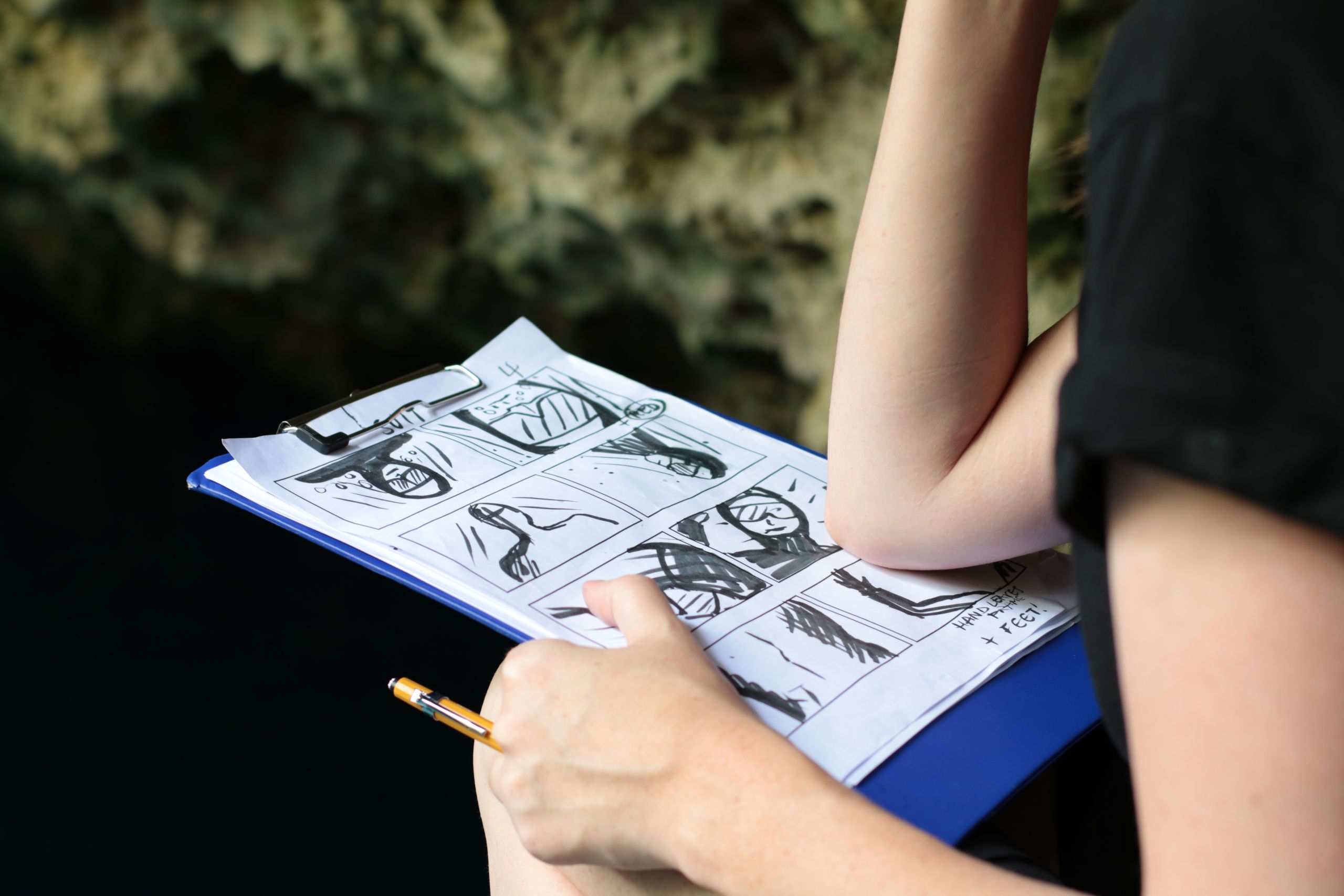
Do you have a project you’re proudest of?
Over the course of my career the industry has shifted to become much more focused on freelance workers and independent production companies. After working with the BBC, I began to collaborate with a company called Nutopia, which gave me the opportunity to make a film for National Geographic called One Strange Rock.
The whole series is about how the planet Earth has turned from a rock to our home, and the extraordinary sequence of events that led to the planet becoming habitable. The unique thing about the series was that each episode was narrated by an astronaut, who gave an insight into how their perspectives had changed after leaving the earth and having the chance to look back.
There’s a phenomenon called the overview effect, which is what many astronauts experience when they go to space. They go through a profound emotional transformation when looking back at the earth – a sense of scale – which we tried to capture.
I made the final episode with an astronaut called Peggy Whitson. I’d never heard of her before, but the more I learned about her, the more gobsmacked I became. She’s one of NASA’s most experienced astronauts, and at the time she had spent more time in space than any other woman. During the filming process I was able to meet her, and filmed her third and final trip to space. After the launch, we managed to get another astronaut to film her from space looking back at the planet, and we also shot her return to earth in Kazakhstan. I remember standing on the Kazakh Steppe looking up at the morning sky, waiting for an astronaut to fall. I had to pinch myself. Then out of nowhere, this capsule, this tiny speck, appeared in the sky, and we watched it land with a huge crash. That was an absolutely incredible thing to film, and to be a part of.
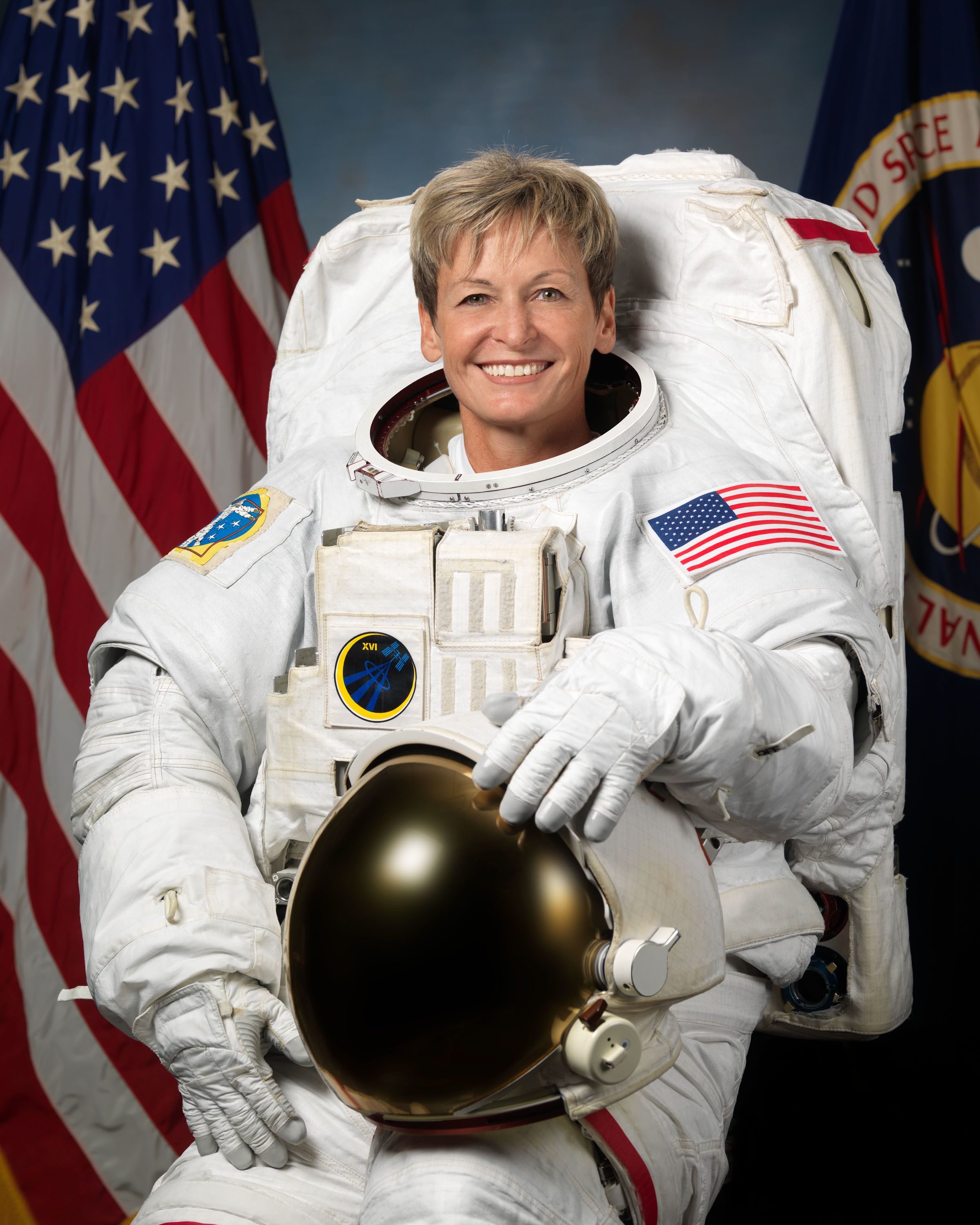
Astronaut Peggy Whitson
Astronaut Peggy Whitson
Taking that experience and crafting it into a programme that people enjoyed was so special. We held a premiere in New York, and people were laughing and welling up. That made me think, “This is why I’m doing my job!”
What would you say is the most challenging aspect of working on these films?
There’s so many different challenges, as it’s such a multi-faceted role. There’s lots of different parts of my brain that I’m using all the time – technical, creative, personal, storytelling – and doing all that when you’re jetlagged and covered in insect bites can be tricky!
When making science programming, one of the biggest intellectual challenges is to be able to tell an engaging story about an academic concept, almost like a thesis with an emotional narrative. Science is a very factual topic, but one of the things that’s always drawn me to it is the way it changes your perspective and the way you see and interact with the world, which is a very emotional process. People see science as being cold and complicated, but you just have to explain it in a way that’s clear and understandable, but also emotionally engaging.
Practically, it’s also difficult where you’re flying all over the world, enduring extreme weather and managing busy schedules. I was in Mexico recently and had an insect bite that got infected, and though that sounds like the smallest thing, it was actually very difficult as it meant I couldn’t walk! Things like that happen all the time in these extreme places. Before Christmas I was in Antarctica, and surprisingly, more than the cold, the most physically and mentally challenging thing about that was enduring the 24 hour daylight.
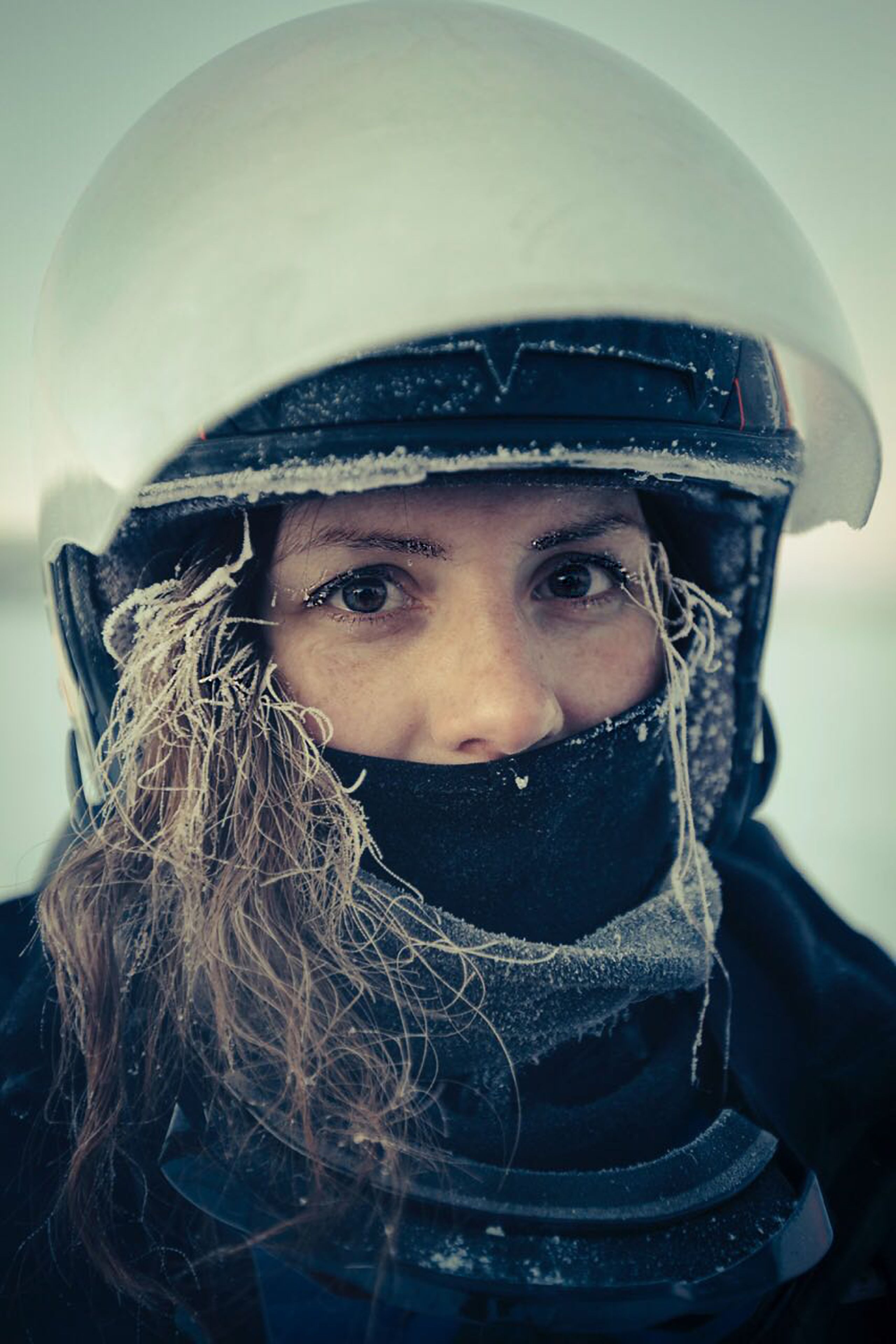
What’s coming up for you in the future?
Despite the industry being freelance, and often working on short-term contracts, I’ve been fortunate enough to work on big series with quite long production schedules. I’ve been working on my current project for a year and a half, and will be for quite some time. I’m working across two different episodes for a series, which means I’m constantly juggling filming trips, dates, shoots and ideas – and I’ll be setting off to Brazil in a few weeks!
After that I’ll be at the end of my filming period and I’ll go into editing. I’m so looking forward to that, because that’s when you get to really craft the narrative and see the film coming together. Adding music, for example, can completely change the tone of a scene and tell a side of the story you may not have even considered yet. I’m also looking forward to having a slightly more normal life based in London – and getting the chance to look back on all the amazing things I’ve seen!

